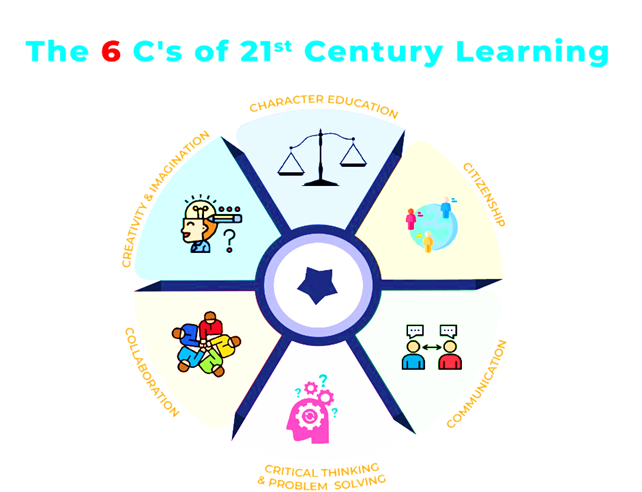21st Century Skills: What They Are, Why They Matter, and How to Teach Them

The world is changing rapidly, and so are the skills that students need to succeed in the 21 st Century. In this blog post, we will explore what 21 st Century skills are, why they are important for students' future success, and how teachers can foster them in their classrooms. The NSW Department of Education (DoE) recently published a comprehensive review on the essential skills and dispositions for the 21 st Century, which revealed that problem-solving, creativity, metacognition, collaboration, self-efficacy, critical thinking, motivation, conscientiousness, and perseverance are the five skills and four dispositions that hold the greatest significance. The Three Categories of 21 st Century Skills: Learning, Literacy, and Life Skills As we progress into the 21 st Century, the landscape of education and the job market continue to evolve rapidly. To thrive in this dynamic and interconnected world, individuals need a diverse set of competencies that go beyond traditional acad...

